While in some countries exchanging money is just a transaction, in others, finding the right place to exchange can enhance your budget by up to 50%.
Before I traveled to Burundi last year, every traveler I met on the road advised me to bring cash instead of relying on bank transactions. At first, I didn’t understand the reason behind their suggestion. I had a Mastercard with no foreign transaction fee, and it worked flawlessly wherever I traveled. Consequently, I only brought 300 USD in cash, which I soon regretted. In Burundi, cash exchanges offered rates that were up to 50% higher (3000 BIF/EUR) than the official exchange rate (2100 BIF/EUR). The few times I had to use my card because I ran out of cash, it felt like I was spending money unnecessarily.
This significant difference in exchange rates is due to the presence of parallel exchange markets that operate in certain countries. These unofficial currency markets exist outside the scope of official banking systems and provide travelers with the opportunity to obtain more favorable exchange rates. In this article, I will tell you about five countries where the black market exchange rate offers a substantial advantage over the official rate.
Read more: All You Need to Know About Trip Cancellations and Travel Insurances
Read more: 5 extreme places you can visit and how to get there
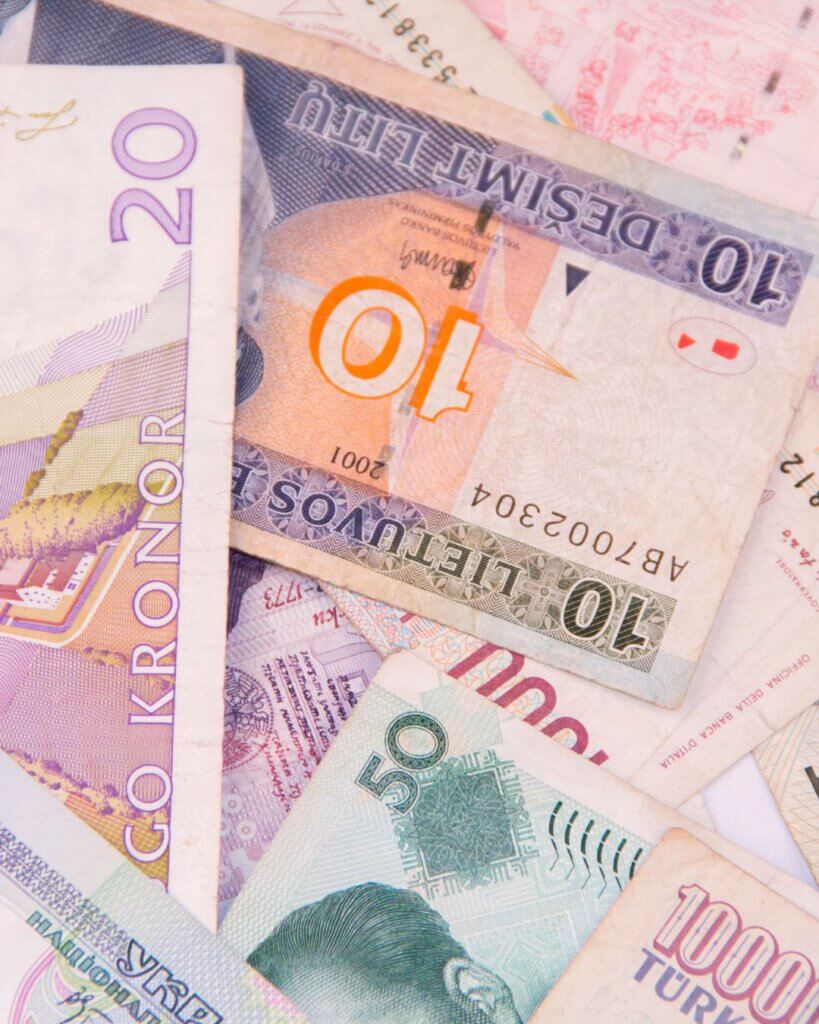
Understanding the Black Market Exchange Rate
The black market exchange rate refers to the unofficial rate at which currencies are bought and sold outside the regulated banking systems of a country. This phenomenon arises due to various factors, including government restrictions, currency controls, or economic instability. In some cases, the official exchange rate set by the government may not accurately reflect the true value of the currency or meet the demands of the market. Consequently, a parallel market emerges, where individuals and small businesses engage in informal transactions to exchange foreign currency at more favorable rates.
A prime example of this can be seen in Russia. Following the onset of the war in Ukraine, the Russian Ruble experienced a significant decline, plummeting from 80 RUB per EUR to 150 RUB per EUR. As a result, the cost of imported goods in Russia doubled for local citizens, while travelers visiting the country could enjoy greater purchasing power. However, the Russian government intervened and artificially reduced the exchange rate to 60 RUB per EUR through official channels, attempting to align it with the perceived value.
This situation created a parallel market in which banks would offer only 60 RUB per EUR, while hotels, restaurants, bars, and even individuals were willing to exchange at a rate of 150 RUB per EUR.
Read more: Best things to do in Hargeisa, Somalia
Read more: The logistics of planning the longest train journey in the world
Legality and Benefits for Travelers
It’s important to note that the black market exchange rate operates in a legal gray area. While some countries consider it illegal, others tolerate its existence due to its economic implications. Travelers can benefit from the black market exchange rate by obtaining a larger amount of local currency for their foreign money, thereby extending their travel budget. However, it is crucial to exercise caution as counterfeit bills and scams can be prevalent in these markets. To mitigate risks and ensure a secure and advantageous transaction, it is advisable to engage with trusted individuals or use legitimate currency exchange services.
INSIDER INFO:
Taking advantage of the black market exchange rate does not involve exchanging money in back alleys. In most cases, it occurs in private and legally established exchange houses, hotels, and restaurants.
Here are six countries known for having the highest parallel (black) exchange markets:
Lebanon:

In light of the recent political tensions and crisis in the country, Lebanon has experienced high inflation rates and a significant parallel market. Travelers have shared stories of obtaining 10-15 times more money by exchanging cash rather than withdrawing from banks. While the government is working to address hyperinflation and restore stability to the market, it may take several years to achieve this. Exchange rates vary due to various factors, and the best advice for travelers is to primarily rely on cash. You can exchange your USD or EUR into LBP at your hotel, central market, or even with your taxi driver.
- Official Rate: 1 EUR : 16,000 LBP
- Black Market Rate: 1 EUR : 20,000 LBP
Read more: What is a Stopover Paid by Carrier?
Syria:
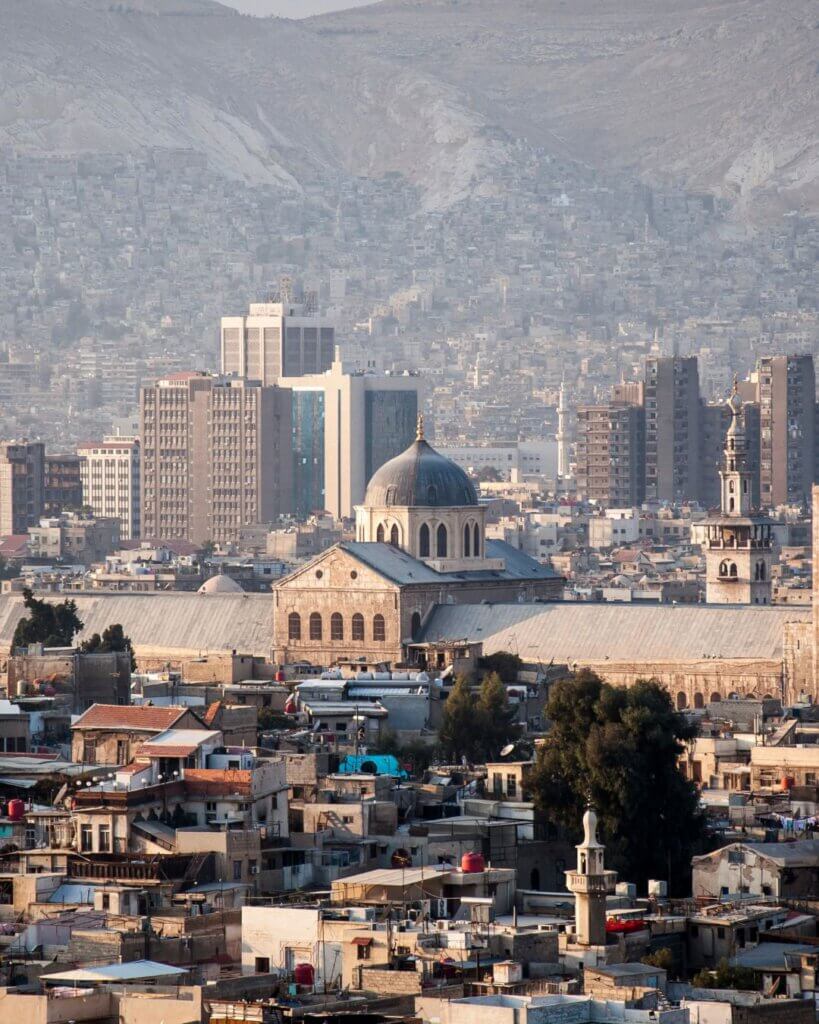
Despite the challenging circumstances, Syria has reportedly had a black market for currency exchange, where rates may be more favorable compared to official channels. A couple of years ago, at the airport, the official rate was 1 USD to 435 Syrian Pounds, while the black market rate offered a significantly higher rate of 950 Syrian Pounds per US dollar. However, it is important to note that the current status of the black market is unknown as it is currently closed. Authorities have expressed intentions to improve the official rate, although the updated situation remains uncertain. Travelers have mentioned that the parallel market still exists but may be more difficult to find.
- Official Rate: 1 EUR : 800 SYP
- Black Market Rate: 1 EUR : 2,500 SYP
Burundi:
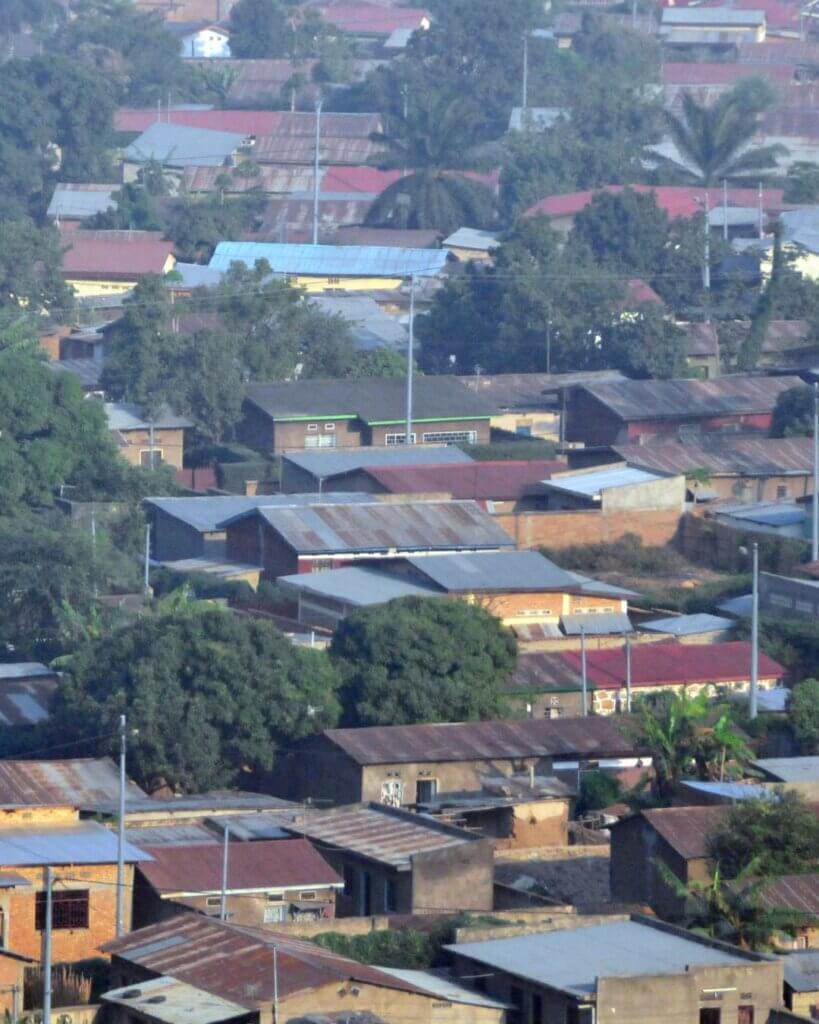
Despite ongoing improvements in Burundi’s economy, it remains one of the few countries with a significant parallel market where the difference can exceed 50%. Bringing cash is essential to make the most of your money, and this unofficial exchange market is openly accessible to everyone. Even tour operators and government officials who assisted in planning my trip also helped me find the best possible exchange rate for my EUR and USD.
- Official Rate: 1 EUR : 2,200 BIF
- Black Market Rate: 1 EUR : 3,000 BIF
Read more: Best things to do in Bujumbura
Ethiopia:
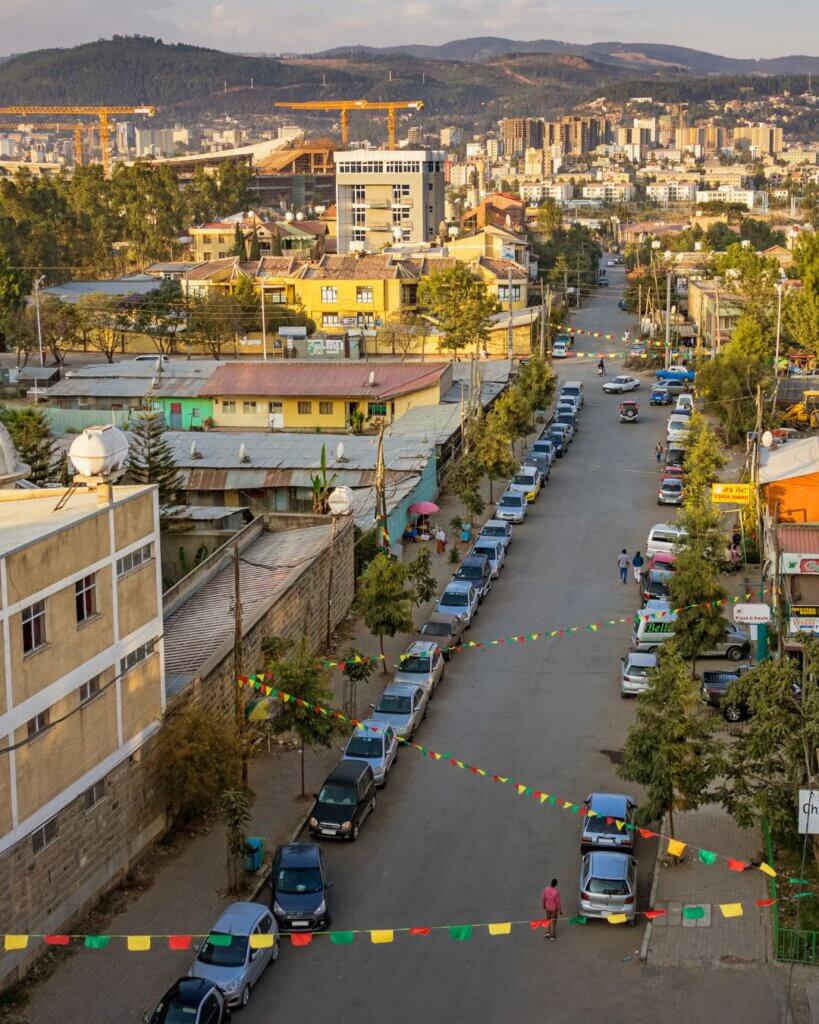
For many years, Ethiopia has had a black market for currency exchange, where travelers may find more favorable rates. In mid-2023, the difference between the black market and the official market was over 40%. While 1 EUR was 45 Ethiopian Birr in an official exchange, the same Euro was worth 90-100 Birr elsewhere.
However, it’s important to be aware that the government was actively cracking down on black market transactions. This means that official establishments may require proof of bank withdrawal rather than accepting cash acquired through the black market. While smaller transactions and one-on-one deals are generally easier with black market money, paying through this channel can sometimes present challenges in official settings.
NOTE: While exchanging USD or EUR into Birr can be done everywhere, getting USD is almost impossible. Due to the volatility of the market, USD is kept for safety, and if you want to get USD, it will end up costing you 20-30% more.
- Official Rate: 1 EUR : 55 ETB
- Black Market Rate: 1 EUR : 100 ETB
Read more: Visiting the Danakil Depression in Ethiopia
Argentina:
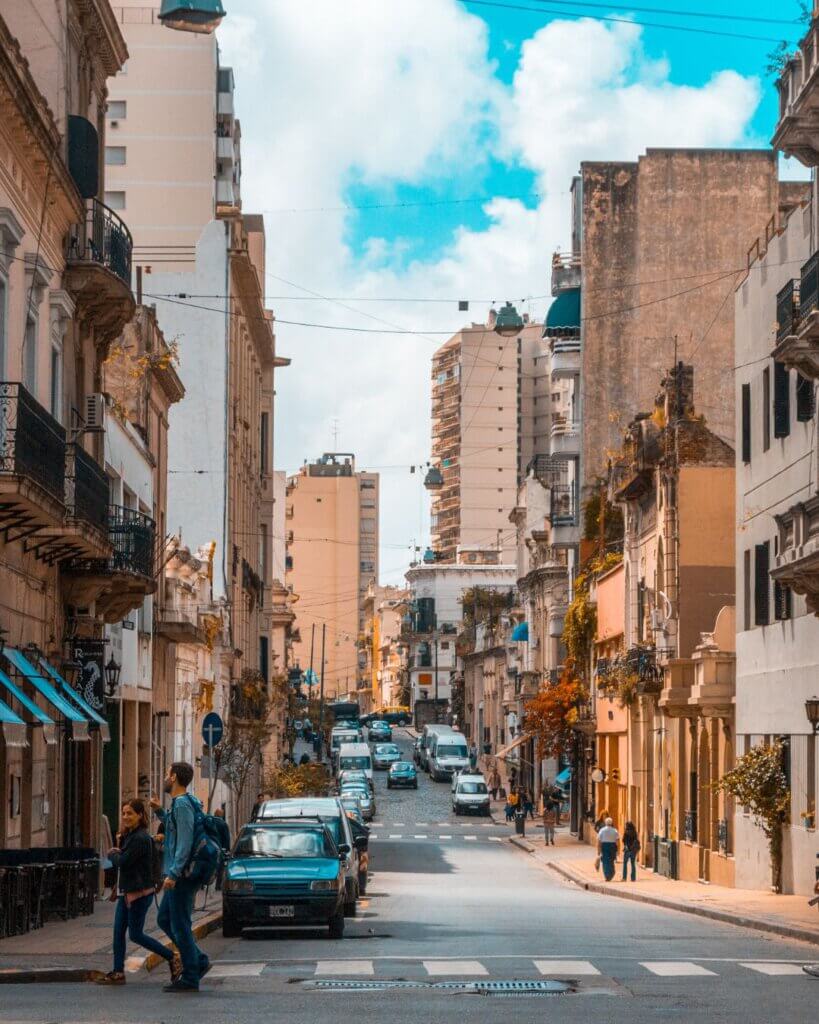
In Argentina, an alternative exchange rate called the blue dollar exists, offering rates almost twice the official rate. Although not classified as a black market, the blue dollar provides an opportunity for favorable exchange rates. Visa has even collaborated with banks to allow credit card use at this rate. It is important to note that using the official rate in Argentina is uncommon for travelers. However, it is advisable to exercise caution and seek reliable currency exchange sources to mitigate risks of counterfeit bills. Friends have told me that the best currency exchange rates are obtained in Telegram groups. However, this seems to almost cross the grey area of legality, and I would recommend you to avoid it.
- Official Rate: 1 EUR : 250 ARS
- Black Market Rate: 1 EUR : 450 ARS
NOTE: You can check the black market rate on the internet at any time. Here is a link to the official “blue dollar” rate
Read more: Planning a trip to the Salar de Uyuni in Bolivia
Read more: Traveling to Patagonia in Chile
Read more: How to Travel Around Turkmenistan: Essential Tips for Exploring with Local Tours
Russia:
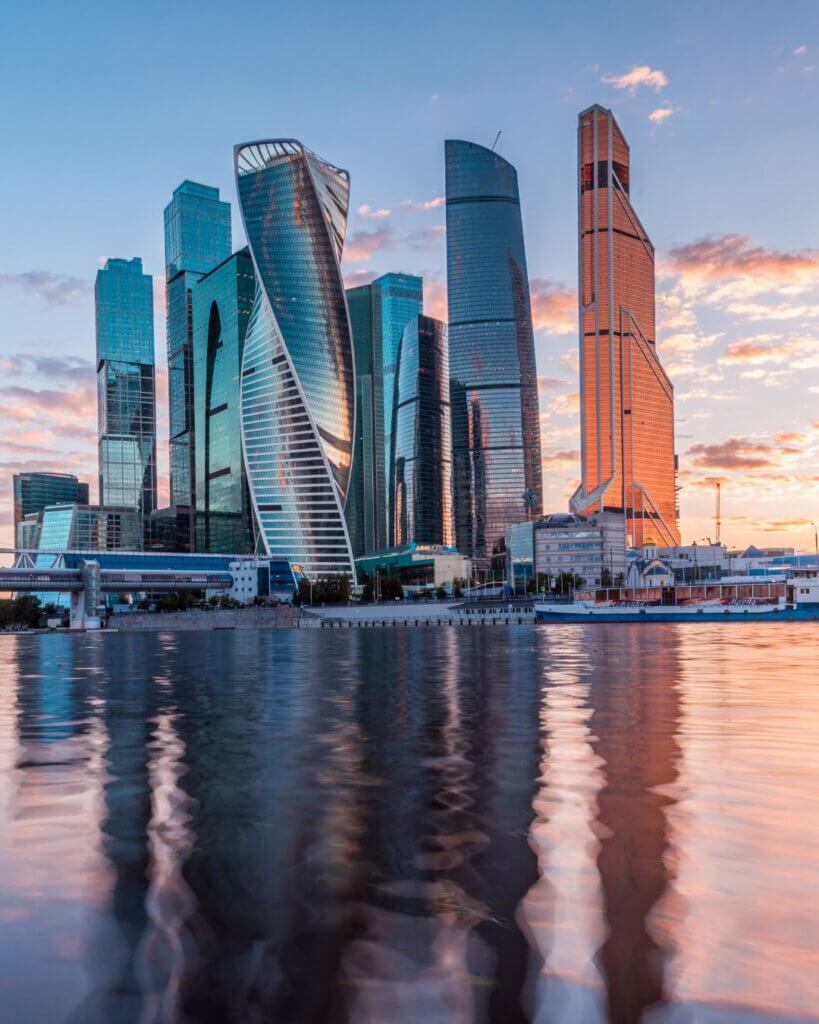
As I mentioned at the beginning of this article, Russia is one of the latest countries that has seen the emergence of a black market. Today, the black market is still active, but due to sanctions and travelers avoiding entering the country, the parallel market is mostly known among Russians living and earning money in Europe but traveling regularly back to their home country.
According to a Russian contact, the government is officially limiting the import of more than 300 USD or EUR. However, this rule seems to only apply to foreigners and not locals.
- Official Rate: 1 EUR : 85 RUB
- Black Market Rate: 1 EUR : 120 RUB
As you can see, parallel exchange markets come and go. Venezuela, Uzbekistan, and Zimbabwe had huge parallel markets that do not exist today. At the same time, countries suffering from very high inflation might see parallel markets offering much larger rates in the short run.
Keep in mind that these parallel markets constantly change, and the information provided may not be accurate in six months from now. To obtain accurate information, I rely on travel forums or news sources.
Read more: Uncovering Laos – The unexplored side of South East Asia
*All Data from May 2023
